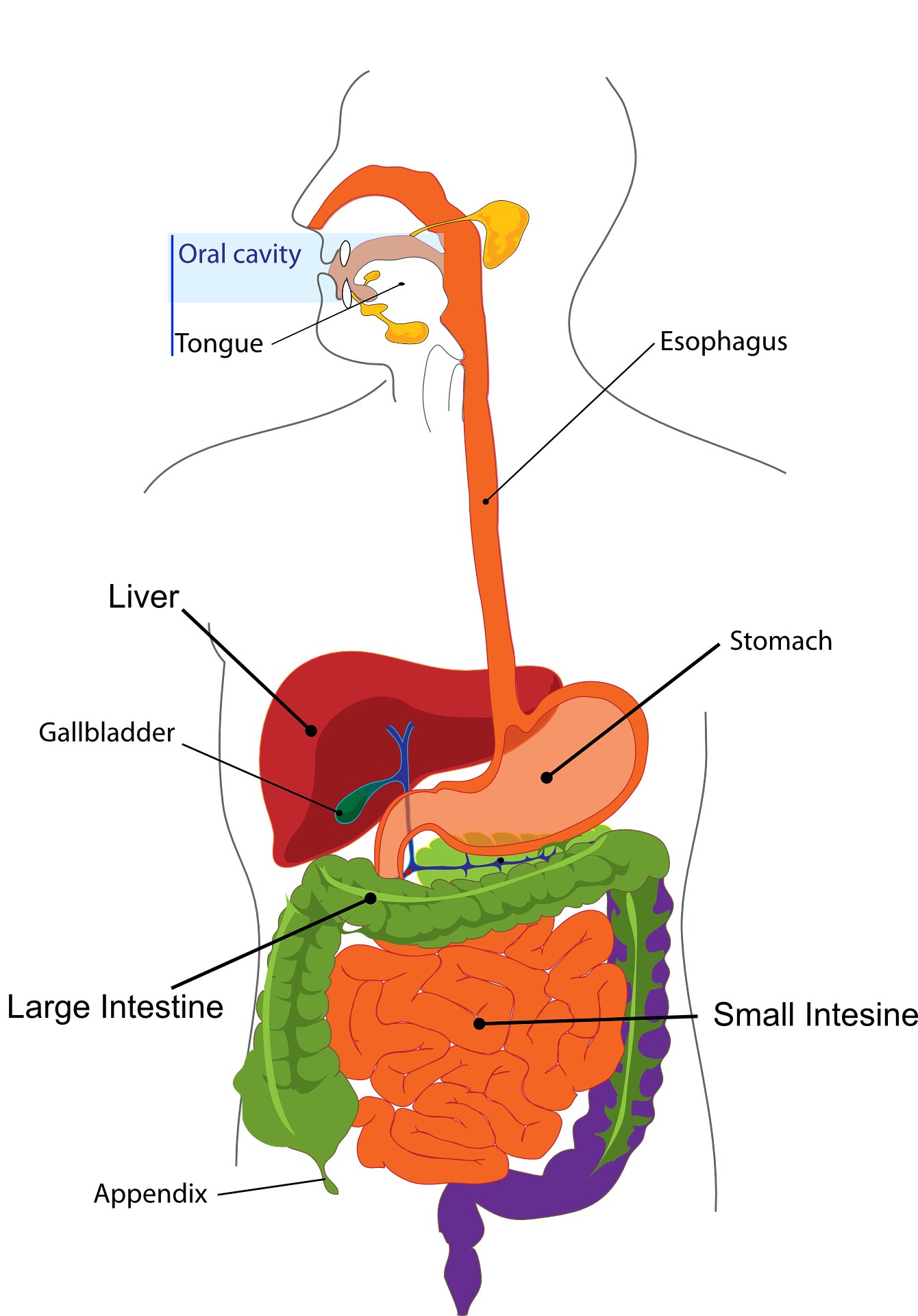The appendix, once dismissed as an unnecessary human organ, has more recently been shown to play a role in the immune system. However, we lack a clear understanding of how its removal to treat appendicitis affects long-term human health.
A new study from researchers at Brigham and Women’s Hospital, a founding member of the Mass General Brigham health care system, found that an appendectomy—a surgical procedure to remove the appendix—was linked with a reduced risk of a certain type of colorectal cancer, characterized by the presence of a likely tumor-promoting bacteria called Fusobacterium nucleatum. Results are published in Annals of Surgery.
“Appendicitis is a painful and often urgent condition that predominantly affects teens and young adults, and appendectomies are the go-to treatment. However, the long-term effects of this procedure on the gut microbiome and, in turn, risk of colorectal cancer, have been unclear,” said senior author Shuji Ogino, MD, Ph.D., a physician and researcher in the Department of Pathology at BWH.
“We found that individuals who had undergone appendectomies had a significantly lower risk of acquiring this subtype of colorectal cancer.”
In future research, Ogino’s lab aims to investigate the impact of appendectomies on colorectal neoplasms containing other potentially pathogenic bacteria. They also hope to explore the appendix’s role in contributing bacteria to the gut microbiome and how its absence influences different facets of human health.
The research team included co-first authors Hidetaka Kawamura, MD, Ph.D., Tomotaka Ugai, MD, Ph.D., Yasutoshi Takashima, MD, Ph.D., Kazuo Okadome, MD, Ph.D., from the Department of Pathology. Researchers gathered data from two large prospective cohort studies: the Nurses’ Health Study, involving 121,700 women aged 30-55 at enrollment, and the Health Professionals Follow-up Study, including 51,529 men aged 40-75 at enrollment.
Participants provided information on lifestyle and health every two years. The team analyzed data from 91,975 women and 47,431 men who reported the presence or absence of an appendectomy history after excluding those with a history of cancer, inflammatory bowel disease, or implausible caloric intake. The team has followed up with 139,406 participants from both cohorts up to date or until they passed away.
Among 2,811 incident colorectal cancer cases, 1,065 had tissue available for analyzing the bacterium Fusobacterium nucleatum. The research team’s findings revealed that those who had an appendectomy had a 47% lower risk of developing Fusobacterium nucleatum-positive colorectal cancer compared to those who hadn’t undergone the procedure. There was no increase by the procedure in the risk of developing colorectal cancer overall or by cancer subtypes.
Limitations include that participants were predominantly white and non-Hispanic. Researchers had information only on appendectomies that had been performed by the time of the specific questionnaire.
They could not incorporate the impact of appendectomies performed after that time; however, appendectomies are most commonly performed between the ages of 15 and 30 years, and participants were of a median age of 58 years for women and 53 years for men at the time of the specific questionnaire. They excluded colorectal cancer cases that had occurred before the specific questionnaire time; however, researchers note that this number was relatively small. Finally, bacterial data were not available for all colorectal cancer cases.
“In our study, we examined the link between appendectomies and colorectal cancers positive for a specific strain of bacteria. However, many types of bacteria contribute to tumor development, and the full spectrum of bacteria the appendix harbors remains unclear.
“Thus, we cannot definitively say whether removing an organ considered to be a potential ‘safe house’ for certain bacteria always affects colorectal cancer risk positively or negatively, nor can we recommend removing it preventatively,” said Ogino.
“We understand that the appendix plays a role in immune function, and our research aims to shed more light on the appendix’s role in the body and how its removal impacts our overall health in the long term.”
More information:
Hidetaka Kawamura et al, Appendectomy and Long-term Colorectal Cancer Incidence, Overall and by Tumor Fusobacterium nucleatum Status, Annals of Surgery (2024). DOI: 10.1097/SLA.0000000000006315
Citation:
Removing gut bacteria’s potential ‘safe house’ may lower risk of colorectal cancer subtype (2024, May 9)
retrieved 9 May 2024
from https://medicalxpress.com/news/2024-05-gut-bacteria-potential-safe-house.html
This document is subject to copyright. Apart from any fair dealing for the purpose of private study or research, no
part may be reproduced without the written permission. The content is provided for information purposes only.
